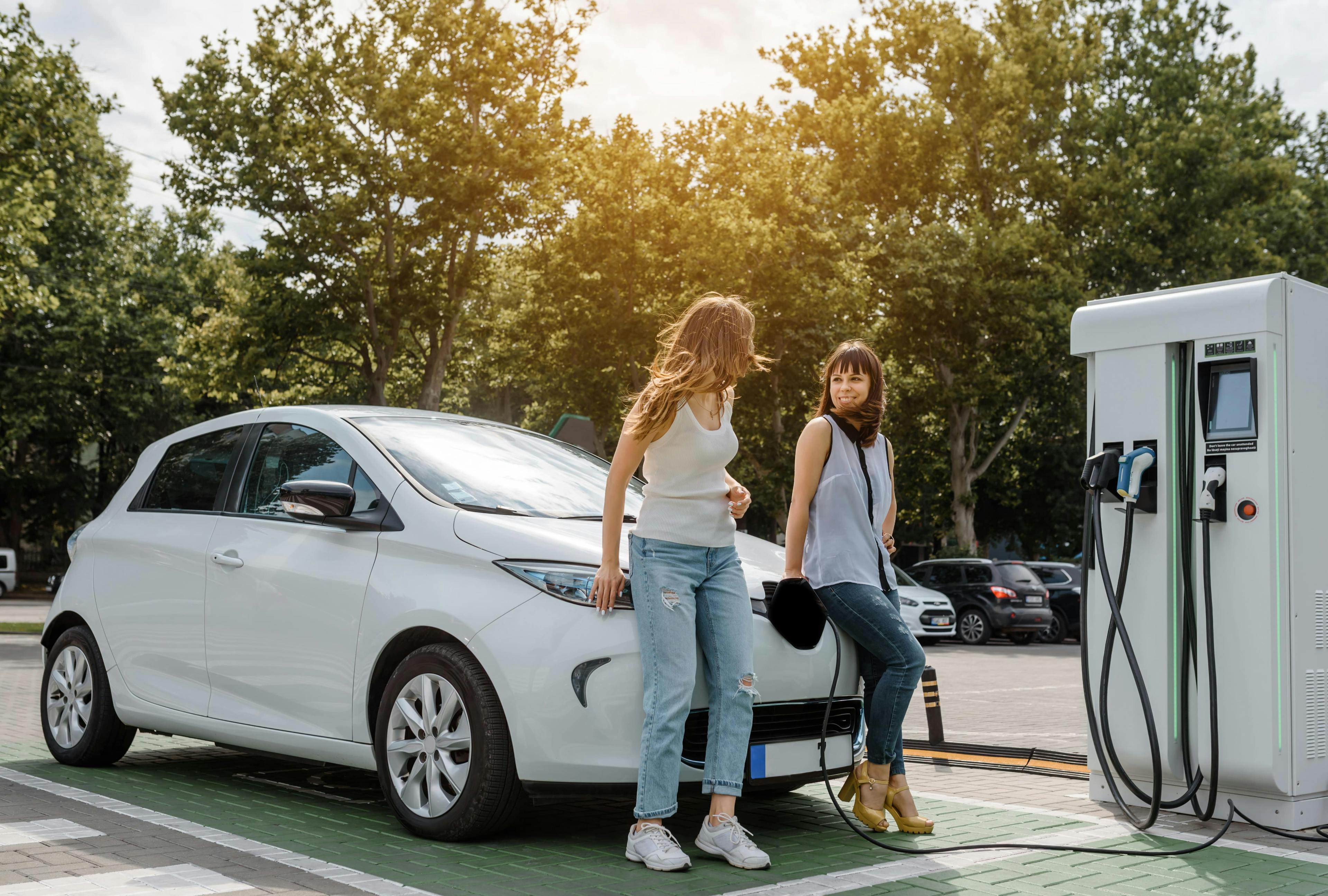
Electric Trucks and Vans
Cars aren't the only electric vehicles on our roads.
Cars are not the only electric vehicle on the market – manufacturers also produce vans and trucks that can be used to reduce business’ carbon emissions. We look at some of the companies that use electric vehicles, and how it helps the environment.
Which Manufacturers Produce Electric Trucks and Vans?
These following car manufacturers also produce trucks and vans:
-
Hyundai
-
Mercedes-Benz
-
Toyota
-
Volkswagen
-
Volvo
-
Renault
-
Tesla
There are other companies and manufacturers that produce electric trucks and vans, although these are the most common, and the ones that you are most likely to see on the UK’s roads.
How Can Electric Vans Help the Environment?
We all know that electric cars are better for the environment as they do not produce any harmful emissions.
When businesses need to use a fleet of vans for commercial purposes, electric can help keep the companies carbon footprint low. This can be especially useful when you have many miles to travel in one day, such as delivery companies.
Which Companies Use Electric Fleets?
There are several large companies that have begun using electric vehicles.
Heathrow Airport
Heathrow Airport has a fleet of 50 Jaguar I-PACEs to carry out chauffer driven trips around the airport. They are also using EVs for runway support ground operations.
Royal Mail
Royal Mail aim to achieve net zero emission by 2040, and to do so they have adopted electric vans in cities such as London, Bristol, Glasgow, Cambridge, and Oxford. In July 2024, they had their 5000th electric van added to their various fleets all over the country. More than 160 delivery or collection units are now using electric or part electric fleets.
Amazon
In March 2022, Amazon replaced five of their diesel HGVs with fully electric versions. The 27-tonne vehicles operate from Amazon’s fulfilment centres in Tilbury and Milton Keynes and are used to transport passenger packages from A to B completely carbon free.
Alongside these HGVs, Amazon have over more than 1000 electric delivery vans on the road every day to deliver packages to customers up and down the country.
OVO
Putting their money where their mouth is, energy providers OVO rolled out a fleet of EVs in 2021 in partnership with Zenith, taking a delivery of 26 Nissan e-NV200 vans, to follow their existing fleet of 40 Kia e-Niros.
Field Operations Director Ben Guest said, “We’re committed to expand our Field Force team’s fleet with new electric vehicles, building on our commitment to achieve net zero carbon emissions from our own operations by 2030.”
Tesco
Supermarket giants Tesco have committed to become net zero by 2035, and to do so have committed to transmission to an all-electric home delivery fleet. They currently have a fleet of 5,500 vans, so by converting to electric it would have the same affect as taking 54,000 cars off the roads each day.
Read More
Why Won't My EV Start?
Here are some of the reasons your EV won’t start when you try to turn it on, and what you need to do to get back on the road.
Top EV MOT Failures and How to Avoid Them
We list some of the top reasons your EV might fail its MOT, and what you can do to prevent this from happening.
Everything You Need to Know About EV Coolant
EVs have either an air-based coolant system, or a liquid-based one. Find out everything you need to know about how electric vehicles keep themselves cool.
Everything You Need to Know About EV Tyres
EVs use different tyres to ICE vehicles due to their weight, design, and specialist needs. Find out everything you need to know about EV tyres here.